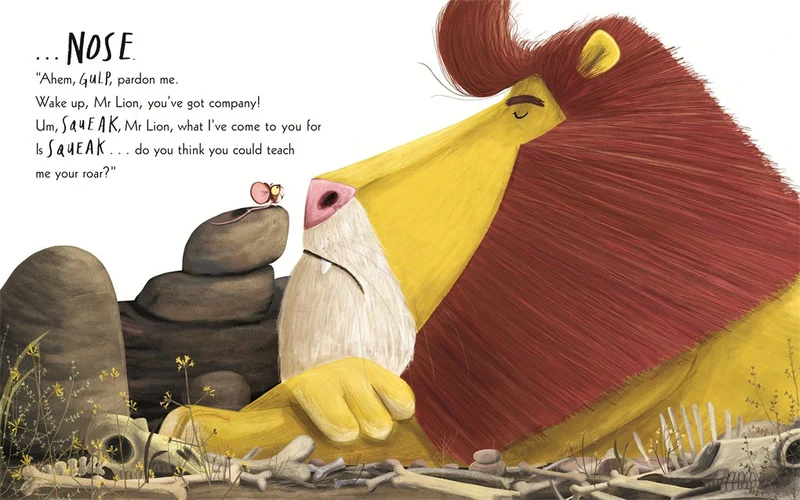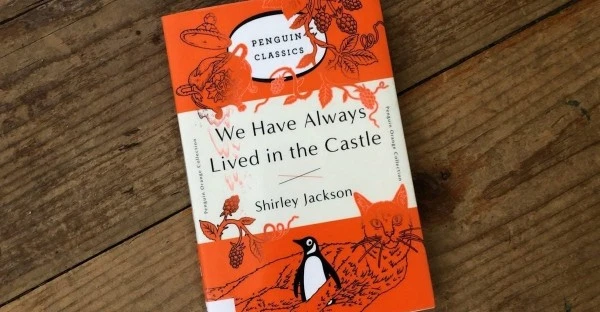This Is the Face of an Undocumented Immigrant. Dont Look Away.

THE UNDOCUMENTED AMERICANS
By Karla Cornejo Villavicencio
It’s odd that despite the ongoing upheaval over the future of the United States as a nation of immigrants, those whose livelihoods are being debated — as in, will they one day be granted a pathway to citizenship, or forced onto a plane with a one-way ticket out of the country — rarely have the opportunity to speak for themselves from a meaningful platform. Those who do get the chance are often expected to conform to liberal America’s strict definition of brown perfection: always grateful, never entitled, burning the midnight oil to earn perfect grades that will get them into an elite college and, later, a prestigious yet morally laudable career path like medicine or public interest law, so they can one day repay their equally perfect parents who sacrificed everything to give them a better life in the United States. These young immigrants are, ahem, universally and exceptionally articulate.
Karla Cornejo Villavicencio knows that, read in a certain way, her personal story fits the definition. Through hard academic work, she became one of the first undocumented students to be accepted into Harvard University and is now a Ph.D. candidate at Yale. Her parents brought her to the United States illegally from Ecuador when she was 5.
Now, in her captivating and evocative first book, “The Undocumented Americans,” Villavicencio aims to tell “the full story” of what it means to be undocumented in America, in all of its fraughtness and complexity, challenging the usual good and evil categories through a series of memoir-infused reported essays. In doing so, she reveals how her subjects, including her own family members, struggle with vices like adultery and self-harm, even while doing backbreaking, demeaning work to support their families. Writing honestly about one of the most politicized groups in the country, she says, “requires you to be a little bit crazy. And you certainly cannot be enamored by America, not still. That disqualifies you.”
Over about a decade of sporadic reporting, Villavicencio traveled the country, gaining access to vigilantly guarded communities whose stories are largely absent from modern journalism and literature. (And I’m a professional immigration writer, so you can take my word on this.) Among them are a support group in New York, where undocumented workers grapple with crippling physical and mental illness as a result of the toxins they were exposed to while doing cleanup after 9/11; a “pharmacy” in Miami where people without papers can buy prescription psychotropic drugs; and an impromptu intervention outside a work center for undocumented day laborers on Staten Island, where a sun-baked and work-hardened group of men confront a friend who they say is the smartest and most eloquent among them, but who has become a homeless alcoholic because of unprocessed trauma in his past.
Particularly in her depictions of immigrant women, Villavicencio reveals a fullness of character that feels subversive, simply because of how rare it is. For example, Salome, a formerly undocumented woman from Argentina, was married to a construction worker named Harrison who died of cancer at 46 after being turned away from treatment because of his lack of legal status, leaving her to support their children on her own. Now that the kids are older and Salome has a green card, she goes out late at night drinking margaritas and dancing with girlfriends; the women are living out experiences they missed in their 20s. On their way to the club one night, with Villavicencio in the car, they take a detour through a wealthy Miami subdivision and marvel at the mansions surrounding them. One passenger admits that the size of the homes stresses her out because it makes her think about having to clean them.
Villavicencio also considers what it’s like to age when you’re an undocumented immigrant. She explores the listlessness that sets in when someone who has subsisted on seven-day-a-week manual labor without sick leave or medical care is suddenly rendered unemployable. This is an underexplored topic, in part, she explains, because only about 10 percent of undocumented immigrants in the United States are older than 55. A 66-year-old Guatemalan man named Octavio, whom she meets after seeing him in an online video describing how an employer had refused to pay him for his work, tells her: “I think some men who grow old in this country get lost here. They are unfaithful to their wives or turn to alcohol or drugs as a way to blow off steam, to forget their pain.”
Villavicencio writes chillingly, and fictionally, about undocumented immigrants whose full stories she can never know because they’ve hidden any trace of themselves out of self-protection. She imagines the final moments of food delivery workers — known as “delivery boys,” a term she hates — who died in the World Trade Center alongside white-collar employees whose coffee orders they delivered each morning. She wonders if, upon realizing their fate, they took out their cellphones to call home, only to fumble the long string of numbers: “You can only get to 011 and that’s enough to make you foreign, to make you other, to make you Mexican. You take out your wallet and put an ID between your teeth so they can find you when it all collapses. Your flesh may burn but your teeth will remain and the ID will be there. It’s a fake ID. Nobody will ever know you died. Nobody will ever know you lived.”
The people Villavicencio talks to force her to grapple with her own experience. She’s ambivalent about having accepted the help of wealthy white “benefactors” throughout her life — the ones who have offered to pay for things her parents couldn’t afford, including coats she used to wear during frigid Cambridge winters. But she still finds herself trying to help undocumented children, imposing the values she’s absorbed in the privileged space she now inhabits. “I’m brainwashed,” she writes, acknowledging that her success has, to some degree, alienated her from the people she identifies with and cares about most.
As she observes the resilience of families that lose a parent to deportation, Villavicencio admits she isn’t capable of unburdened closeness with her own parents, who left her in Ecuador when she was 18 months old and didn’t return for years. Doctors who have prescribed heavy medications to treat her mental illness have told her that this trauma stripped her brain of dendrites, just as experts have warned will happen to migrant children who were separated from their parents under orders from the Trump administration. She imagines herself in a future alongside those children — an “army of mutants,” their minds barren, branchless trees. “What will happen to us? Who will we become? Who will take care of us?”
“The Undocumented Americans”offers little to those who think its subjects put themselves in a vulnerable position and should be punished for breaking the law. But even critics may find it challenging after reading the book to keep their minds from wandering toward the interior details, flattering and unflattering, of people they encounter who lack legal status. “Many of us are indigenous in part or whole and do not believe borders should exist,” Villavicencio writes. “I personally subscribe to Dr. King’s definition of an unjust law as being ‘out of harmony with the moral law.’ And the higher moral law here is that people have a human right to move, to change location, if they experience hunger, poverty, violence, or lack of opportunity, especially if that climate in their home countries is created by the United States, as is the case with most third world countries from which people migrate. Ain’t that ’bout a bitch.”




